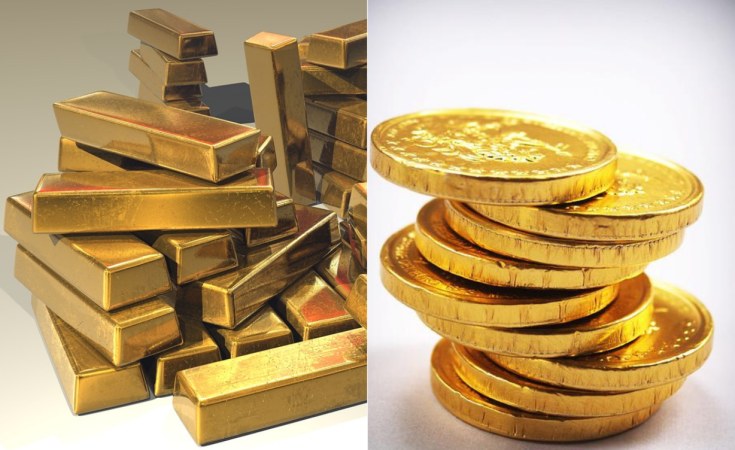Accra — "We cannot continue like this" says Fr. Dieu-Donne Kofi Davor, Director of Communications of the Episcopal Conference of Ghana, who was part of the delegation of different Christian confessions that visited Apinamang, one of places where the damage of illegal gold mining is felt strongly. The phenomenon in Ghana is known as "galamsey", short for "gather them and sell". The delegation was made up of representatives from the Pentecostal and Charismatic Council (GPCC), the Ghana Bishops' Conference and the Independent Charismatic Churches Council. Comparing it to Covid, Methodist Bishop Paul Boafo has urged the intervention of all expressions of Ghanaian society to tackle the "galamsey" phenomenon: "Let's all get involved, ministers, market women, traditional rulers, schoolchildren, youth, the elderly".
The Small-Scale Gold Mining Act of 1989 created a system for issuing state licenses for artisanal mining. The first gold diggers to receive such a license were small groups who prospected, cut and washed gold by hand. In 2006, a new law stipulated that only Ghanaian citizens could obtain mining licenses. But only a small proportion of gold miners have legally applied for and received mining permits; most of them do it illegally, without permits. It often exploits foreign gold miners and uses poisons such as mercury, which is used in gold mining and causes environmental damage. For many in Ghana, the term "Galamsey" has therefore become synonymous with crime.
In 2014, Ghana was one of 18 countries to sign the Convention on the Use of Mercury at the UN General Assembly to minimize public exposure to mercury. However, the use of mercury in illegal mining has continued unabated ever since.
Ghana's President Nana Addo Dankwa Akufo-Addo pledged to address the issue, which "is on everyone's lips, indicating the scale of the problem." "The government's agenda is to involve all recognizable groups to tackle the problem head-on," he said.


